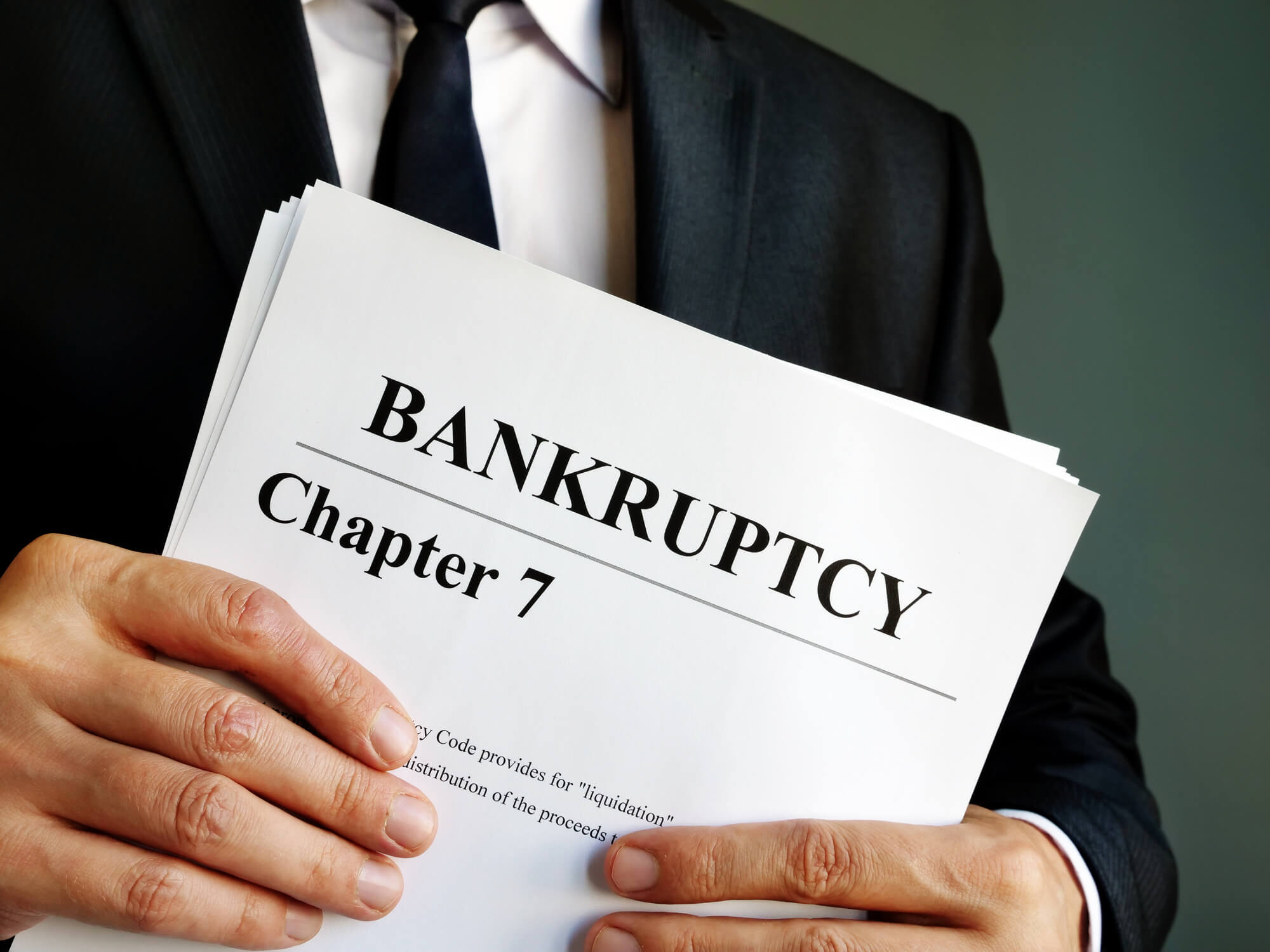Small and large businesses have struggled to survive the brunt of the COVID-19 pandemic, whether in North America, Europe, or the Far East. The pandemic has hit businesses globally at a massive scale, particularly impacting SMEs significantly. The global pandemic has led many companies into serious debt.
With the business pace and revenue slowing down, hundreds of thousands of businesses have filed for bankruptcy or closure in the last 15 months.

According to the Wall Street Journal, over 200,000 small and medium-sized businesses were closed during the COVID-19 lockdown, a number which is suggested to be far better than what experts initially suspected.
The most complex businesses to take the hit include entertainment and service-driven companies such as restaurants, theatres, cinemas, and retail shopping. While online shopping platforms like Amazon, e-bay & Flipkart, etc., and online food ordering had already taken a massive toll on the retail and restaurant industry, the pandemic only led to a further falling consumer demand, reduced spending, and social distancing SOPs being mandated for businesses to hit the companies hard. From Deans and Deluca to Hertz Car Rentals and CMX Cinemas, many major companies have filed for bankruptcy recently due to the impact of the COVID-19 pandemic.

But those are all gigantic companies with enormous cash to settle unpaid debts and creditor loans. If you own a small business and your revenue generation has taken a plunge, here are your top business insolvency options to get you off the debt.
Settle out of the courts: If you have run out of business and can’t figure out how to pay off your creditors’ debts, it’s about time you reevaluate your decisions. Try working a solution out of the court. Liquefy any company assets like infrastructural components, brand name, & data, etc. Instead of filing for bankruptcy through court, discuss your situation with your creditors and give them at least half the minimum amount you owe them. Settling out of court can benefit both you and the creditor, as they can get some of the money owed to them. Otherwise, your creditors might not get a single penny. However, to settle out of court, you must have cash or assets that you can quickly liquefy.
File for bankruptcy: If your business accounts have completely drained, you can file for Chapter 7, Chapter 11, or Chapter 13 bankruptcy. With Chapter 7 bankruptcy, any assets not exempted by the state selling laws to pay off the creditors. Whatever debts remain at the end will be wiped out. In Chapter 13 bankruptcy, you can make repayments in a period of 3 to 5 years. This way, you don’t lose any property; your creditors also get their money back. Chapter 11 bankruptcy is more of an organizational restructuring where you don’t completely shut the business down. But instead, you can borrow new money from a different creditor.
 Bankruptcy works only if your creditors vote in your favor.
Bankruptcy works only if your creditors vote in your favor.
The bankruptcy option usually works better for a Limited Liability Company (LLC) as the owner is not personally liable to make payments to creditors by selling off personal assets. However, if you have signed any personal guarantees to your creditors, even bankruptcy won’t help you keep your other properties or assets.
Another thing that can go down while filing for bankruptcy is that your creditor can go to court and sue you for being responsible for leading the business to losses. This way, you might also have to pay off the debts.
Negotiate deals on your business debts: if you can’t pay your creditors the total amount, you can negotiate deals with your creditors. Exchanges can be done out of court directly with your creditors. You can discuss paying partially or in long-term installments. While negotiating these deals, prioritize your debts first and settle the ones that can eventually make you personally liable if you can’t pay in time. About Complete Controller® – America’s Bookkeeping Experts Complete Controller is the Nation’s Leader in virtual bookkeeping, providing service to businesses and households alike. Utilizing Complete Controller’s technology, clients gain access to a cloud platform where their QuickBooks™️ file, critical financial documents, and back-office tools are hosted in an efficient SSO environment. Complete Controller’s team of certified US-based accounting professionals provide bookkeeping, record storage, performance reporting, and controller services including training, cash-flow management, budgeting and forecasting, process and controls advisement, and bill-pay. With flat-rate service plans, Complete Controller is the most cost-effective expert accounting solution for business, family-office, trusts, and households of any size or complexity.
About Complete Controller® – America’s Bookkeeping Experts Complete Controller is the Nation’s Leader in virtual bookkeeping, providing service to businesses and households alike. Utilizing Complete Controller’s technology, clients gain access to a cloud platform where their QuickBooks™️ file, critical financial documents, and back-office tools are hosted in an efficient SSO environment. Complete Controller’s team of certified US-based accounting professionals provide bookkeeping, record storage, performance reporting, and controller services including training, cash-flow management, budgeting and forecasting, process and controls advisement, and bill-pay. With flat-rate service plans, Complete Controller is the most cost-effective expert accounting solution for business, family-office, trusts, and households of any size or complexity.




